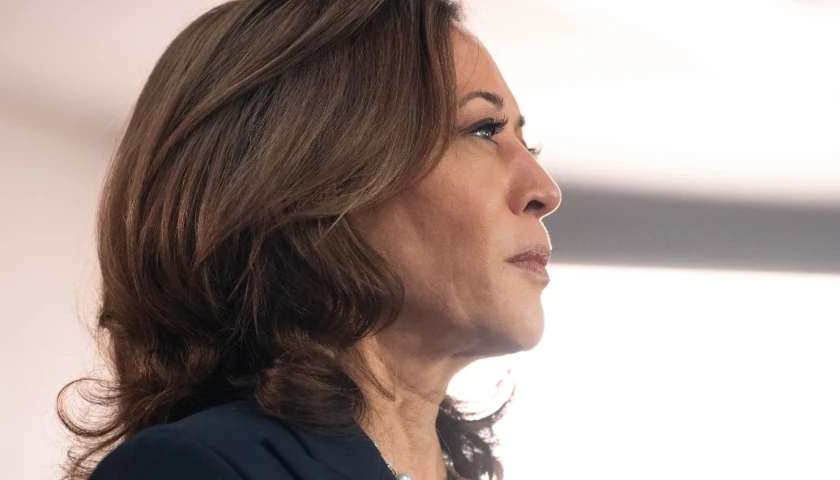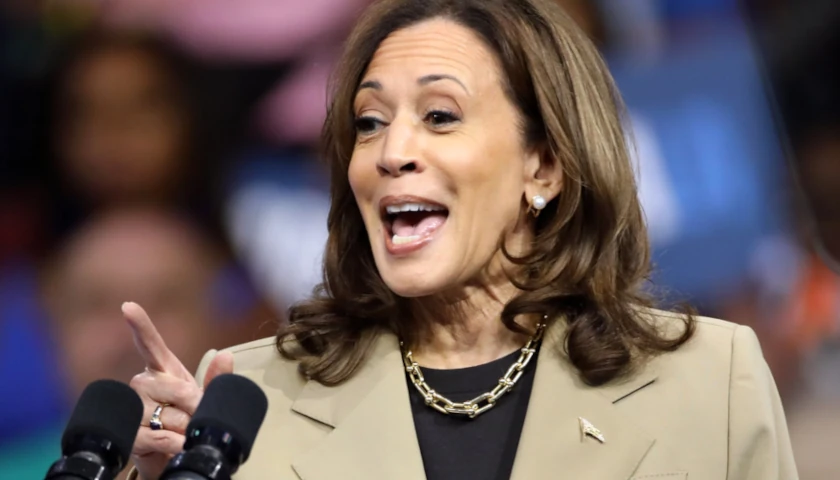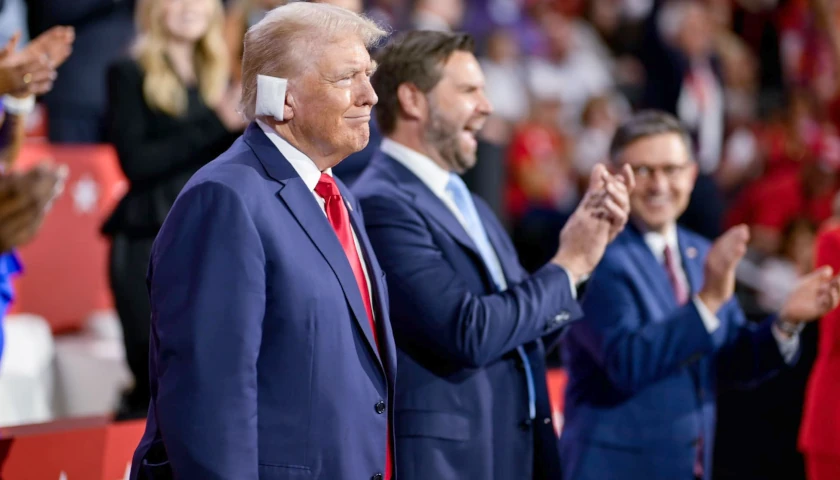Gov. Gretchen Whitmer (D-MI) announced this week plans to expand her $300-million Michigan Mainstreet Initiative, outlining further business subsidization with taxpayer money from federal COVID-relief legislation.
Originally unveiled in June, Whitmer’s initiative targeted $100 million toward restaurants and other place-based establishments, $125 million for other businesses that could not get federal Paycheck Protection Program (PPP) funds and $75 million in grants to startups.
New expenditures the governor discussed this week include $200 million toward fostering a “more conducive business environment for high-tech” and “$100 million to prepare manufacturers and the workforce for opportunities of the future.”
These allotments come as part of a $2.1-billion overall COVID-relief spending package that the governor said she hopes will improve economic conditions for the Great Lake State’s lower and middle classes.
“As we emerge from the once-in-a-century pandemic, we have a once-in-a-generation opportunity to use billions in federal resources to grow Michigan’s middle class, support small businesses, and invest in our communities,” Whitmer said in a statement. “I’m utilizing every resource and ensuring that we continue to take bold action to help families, communities and small businesses thrive. Together, we can usher in a new era of prosperity for Michigan.”
But, critics say, government subsidies of private industry have a long track record that shouldn’t reassure those who won’t directly benefit from them.
“At the end of the day, they’re just robbing taxpayer Peter to pay a corporate Paul,” Michael D. LaFaive, senior director of the Morey Fiscal Policy Initiative at the nonprofit Mackinac Center for Public Policy, told The Michigan Star. “What makes anyone think that a group of well-intentioned bureaucrats in Lansing know more about investment and growing business and the economy than people who do it for a living…? The evidence against corporate handouts is so overwhelming, it’s baffling that there are still members of the Lansing political class willing to… take money from everyone and give it to a favored few.”
LaFaive pointed out that most of the businesses operating in Michigan do so without taxpayer support. Those that do, he said, often don’t use the funds they are given to create jobs with optimal cost efficiency.
Last year, with Ball State University economists Srikant Devaraj and Michael Hicks, LaFaive co-authored a study examining the reliability of state programs that purport to efficiently create jobs via business subsidies. The researchers determined that the 21st Century Jobs Fund, a high-tech and manufacturing subsidy created in 2006 by Gov. Jennifer Granholm (D), spent between $274,800 and $330,600 annually on each job it created. They also analyzed the Michigan Economic Growth Authority, a now-defunct tax-credit program created in 1995 by Gov. John Engler (R) which, they said, created just two short-term construction jobs for every $123,000 in tax incentives it paid out.
The government-subsidy approach “just encourages crony capitalism rather than market capitalism,” LaFaive said. “Corporate handouts are fundamentally unfair. When politicians go around to their ribbon-cutting ceremonies that are born of state subsidies, not only must we consider that the evidence shows they don’t work, we have to ask ourselves: What business not getting a subsidy is now being forced to compete with one that is?”
Mackinac has rebuked members of both parties for promoting taxpayer funding for private business in the name of job creation that LaFaive said can be better fostered through less onerous tax and regulatory policy. Senate Bill 615, introduced on Wednesday by State Sen. Ken Horn (R-Frankenmuth), has, for instance, been the subject of sharp criticism by the think tank, which keeps a scorecard of legislators’ votes on business subsidies.
LaFaive said that, while general programs to infuse private entities with tax dollars are unwise, the government could reasonably consider what recompense it may owe to businesses it has harmed through COVID-19 countermeasures that locked down businesses and restricted their capacities for long durations in 2020 and 2021.
“There is a much better case for making whole those businesses that were directly harmed by the mandated shutdowns,” he said. “It’s easier to make that case than it is handing out subsidies willy-nilly to this business or that because they promise to create jobs during a certain timeframe.”
The challenge when it comes to targeting relief funds to businesses harmed by COVID-mitigation policy, LaFaive said, is in designing such programs so that they are cost-effective. He said some research regarding PPP, the federal program implemented last year to keep many lockdown-affected workers from losing their livelihoods, has indicated PPP cost significantly more per job saved than the amounts many of those positions actually paid.
One study of PPP by the Becker Friedman Institute for Economics at the University of Chicago, for instance, found that a total disbursal of $525 billion in loans cost $109,000 to $164,000 per job saved.
“You certainly want to be careful, when you’re trying to help out businesses that you’ve harmed, that you’re not going overboard.”
– – –
Bradley Vasoli is a reporter at The Michigan Star and The Star News Network. Follow Brad on Twitter at @BVasoli. Email tips to [email protected].
Photo “Gov. Gretchen Whitmer” by Gretchen Whitmer and photo “Main Street Constantine Michigan” by Chris Light CC BY-SA 3.0.





